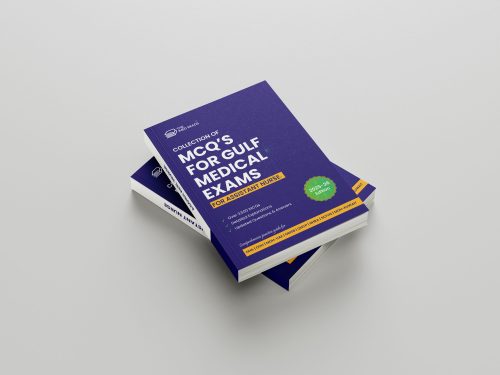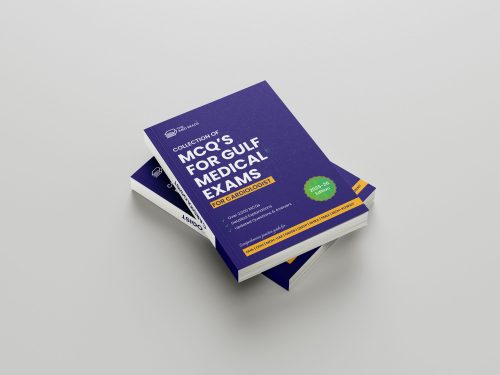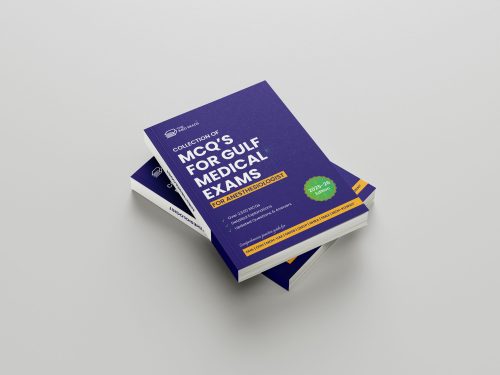In the rapidly evolving field of healthcare, staying up-to-date with the latest advancements and best practices is essential for providing quality patient care. In this blog post, we’ll explore the importance of continuous professional development (CPD) for healthcare professionals and how it contributes to personal growth and enhanced patient outcomes.
What is Continuous Professional Development (CPD)?
Continuous Professional Development (CPD) refers to the ongoing process of learning, developing new skills, and improving knowledge throughout one’s career. It encompasses a wide range of activities, including attending workshops, conferences, online courses, and engaging in reflective practice.
Benefits of CPD for Healthcare Professionals
CPD offers numerous benefits for healthcare professionals, including:
- Keeping up-to-date with advancements in medical knowledge and technology.
- Enhancing clinical skills and competencies.
- Improving patient outcomes through evidence-based practice.
- Fostering professional growth and career advancement opportunities.
- Building confidence and job satisfaction.
Different Forms of CPD: Workshops, Conferences, Online Courses, etc.
CPD opportunities come in various forms, allowing healthcare professionals to choose activities that align with their interests and learning preferences. Some common forms of CPD include:
- Workshops and seminars: Hands-on training sessions focused on specific topics or skills.
- Conferences: Events featuring presentations, panel discussions, and networking opportunities.
- Online courses: Flexible learning modules accessible from anywhere with an internet connection.
- Self-directed learning: Reading journals, watching webinars, or engaging in reflective practice.
How CPD Enhances Patient Care and Safety
CPD plays a crucial role in improving patient care and safety by ensuring that healthcare professionals are equipped with the latest knowledge and skills. By staying current with medical advancements and best practices, professionals can deliver more effective and efficient care, leading to better outcomes for patients.
Regulatory Requirements and CPD Obligations
Many regulatory bodies and professional organizations require healthcare professionals to participate in CPD activities to maintain licensure or certification. These requirements vary depending on the jurisdiction and specialty but generally aim to ensure that professionals remain competent and up-to-date in their practice.
Strategies for Incorporating CPD into Busy Schedules
Balancing CPD activities with a busy work schedule can be challenging, but it’s essential for professional growth. Some strategies for incorporating CPD into your routine include:
- Setting aside dedicated time for learning and development.
- Prioritizing CPD activities based on relevance to your practice.
- Taking advantage of online courses and self-directed learning opportunities.
- Networking with peers and colleagues to share knowledge and resources.
Conclusion
Continuous professional development is a cornerstone of success in the healthcare field, providing opportunities for learning, growth, and advancement. By embracing CPD, healthcare professionals can stay current with advancements in their field, enhance patient care and safety, and contribute to their own professional fulfillment. Make CPD a priority in your career journey and reap the rewards of lifelong learning.





